The Treatise on Indian Medicinal Plants, a compilation of the indigenous drugs of plant origin used in Ayurveda is being published in six volumes. Of these, four volumes describing four hundred and seventy nine plant species have already been published. The present volume describes one hundred and sixteen species comprising ninety three genera belonging to eleven families. Some of the plants described in Volume 5 are well-known sources of drugs used today, for example, emetine, the antiamoebic drug from Cephaelis ipecacuanha (Brot.) A Rich., quinine, an antimalaria, and the antiarrythmic quinidine from Cinchona ledgeriana L., the cardiotonics, digitoxin and digoxin, from Digitalis lanata Ehrh. and Digitalis purpurea L. Several other sources of Ayurvedic drugs with their established activities which have been described in this volume are Andrographis paniculata (Burm.f.) Wall ex Nees., the liver tonic, which yields the bitter principle, andrographolide; Adhatoda vasica Nees. which produces the bronchodilator, vasicine; Nardostachys jatamanis DC., the source of the anticonvulsant and the antihypertensive jatamonsone, and Picrorhiza kurroa Royle ex Benth. containing the mixture of glycosides, kuttkoside and picroside, used as antihepatotoxic and antipyretic agent. The widely used menthol occurring in Mentha arvensis L. finds extensive application in pharmaceutical industry. The psycllium husk and seeds of Plantago ovatum Forsk. have received wide acceptance as a laxative. The seed oil from the economic plant, Helianthus annus L. is prescribed for patients suffering from hypercholesterolemia. The current trend of research on development of drugs from natural products used in traditional medicine has been highlighted in previous volumes. Special mention may be made of forskolin, the drug from Coleus forskohlii (Willd.) Briqs., for its adentylate cyclase activating property. This compound is considered to be an invaluable tool for proper understanding of cyclic AMP-dependent physiological processes. It has been reported that forskolin reduces preload and afterload of the heart due to myocardial contractivity arising from its positive inotropic action without affecting myocardial oxygen consumption. Nevertheless, its association in the decrease of the "superoxide burst" brings in the concept of oxidant-antioxidant balance in the body. Antioxidants play a vital role in preventing degeneration by scavenging free radicals. This property is exhibited by many plant products such as vitamins A, C and E and polyphenols like flavonoids, tannins and tannic acids. In volume 5, the same features have been followed as in earlier publications. Efforts have been made to cover modern nomenclature of the plant species and the chemical literature upto 1995 as far as practicable. Further chemical, pharmacological studies on the plant and clinical trials of plants and their products used in traditional medicine described in this volume are likely to produce more bioactive compounds in future.

The Treatise on Indian Medicinal Plants: Vol. 5
$28.80
$32.00
In stock
Free & Quick Delivery Worldwide
All orders amounting to US$ 50 or more qualify for Free Delivery Worldwide. For orders less than US$ 50, we offer Standard Delivery at $14 per book.
ABOUT THE AUTHOR Satyesh Chandra Pakrashi
Dr. Satyesh Chandra Pakrashi. (b 1930). Ph.D (Calcutta). D.Sc. (hc. Kanpur), formerly Director, Indian Institute of Chemical Biology, Calcutta and CSIR Distinguished Fellow, an Indian National Science Academy Senior Scientist is now the Principal Investigator of an Utilization of Expertise of Retired Scientists (USERS) project of DST, Govt of India at the University College of Medicine, Calcutta University. An extramural teacher, Department of Biochemistry, Calcutta University, for more than three decades, he was also a National Lecturer, University Grants Commission amongst others. Dr. Pakrashi has made outstanding contributions on the Chemistry of Natural Products, particularly alkaloids and terpenoids, authored 175 original research papers in reputed national and international journals besides a dozen of patents, a score of review articles and chapters in several monographs. He edited the six-volume The Treatise on Indian Medicinal Plants jointly with Prof. (Mrs) Asima Chatterjee.
reviews
0 in total
Review by Anonymous
Be the first to review “The Treatise on Indian Medicinal Plants: Vol. 5” Cancel reply
You must be logged in to post a review.
Bibliographic information
Title
The Treatise on Indian Medicinal Plants: Vol. 5
Author
Edition
1st ed.
Publisher
Length
287p., Col. Plates; Figs.
Subjects

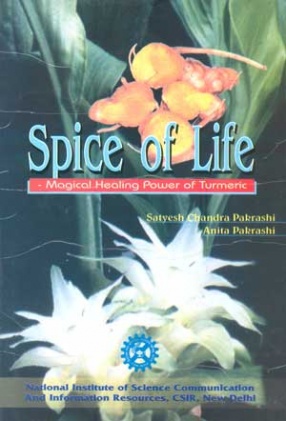
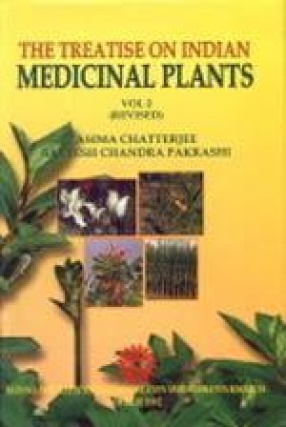
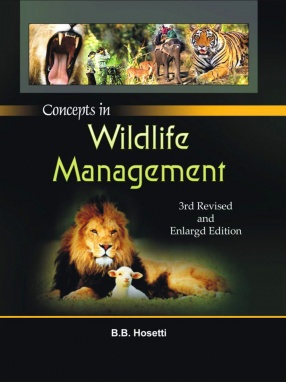
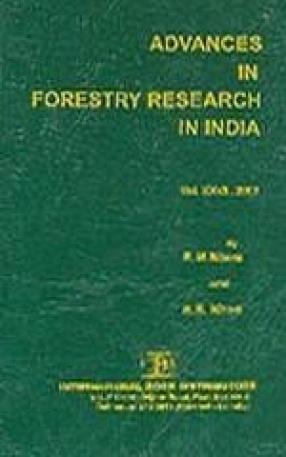
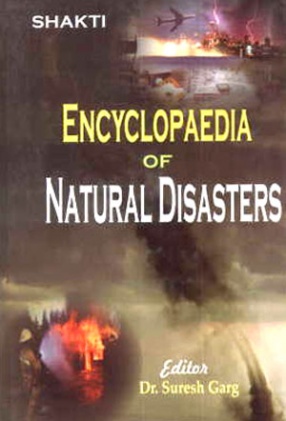
There are no reviews yet.